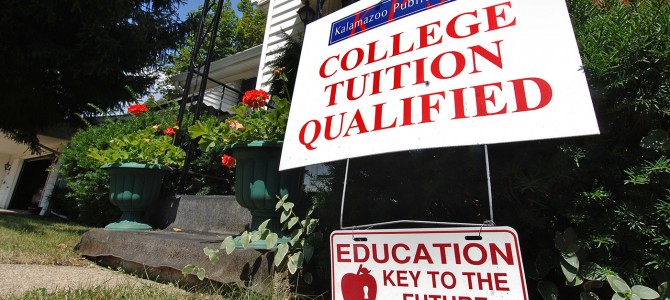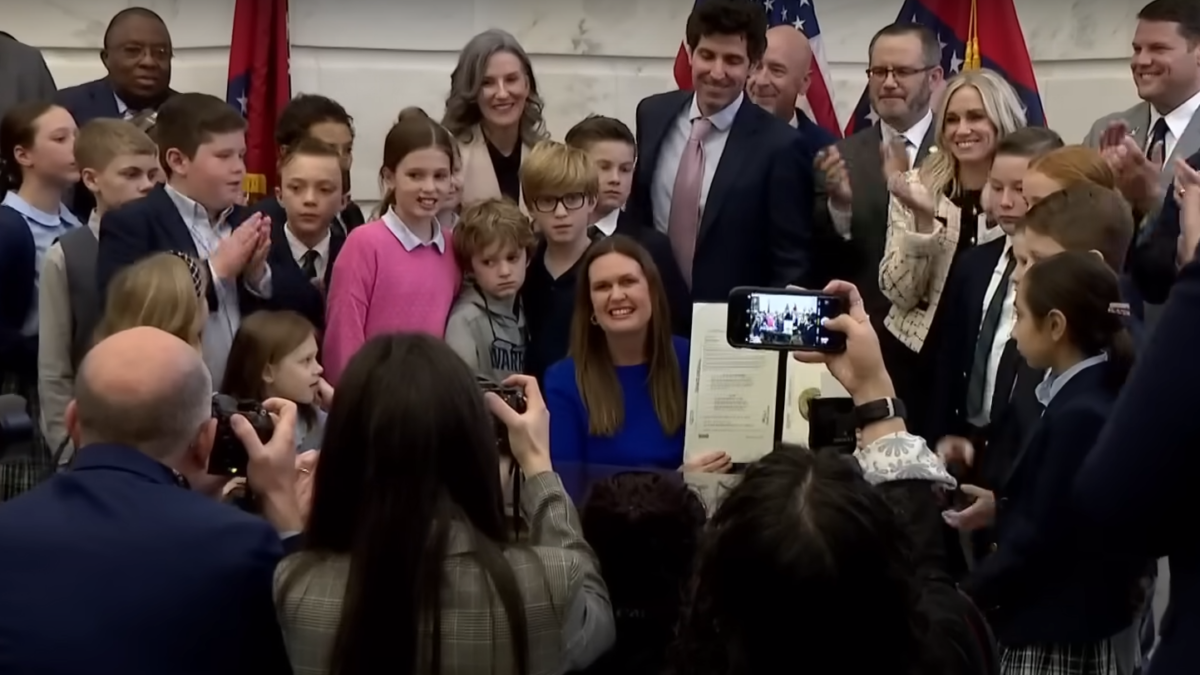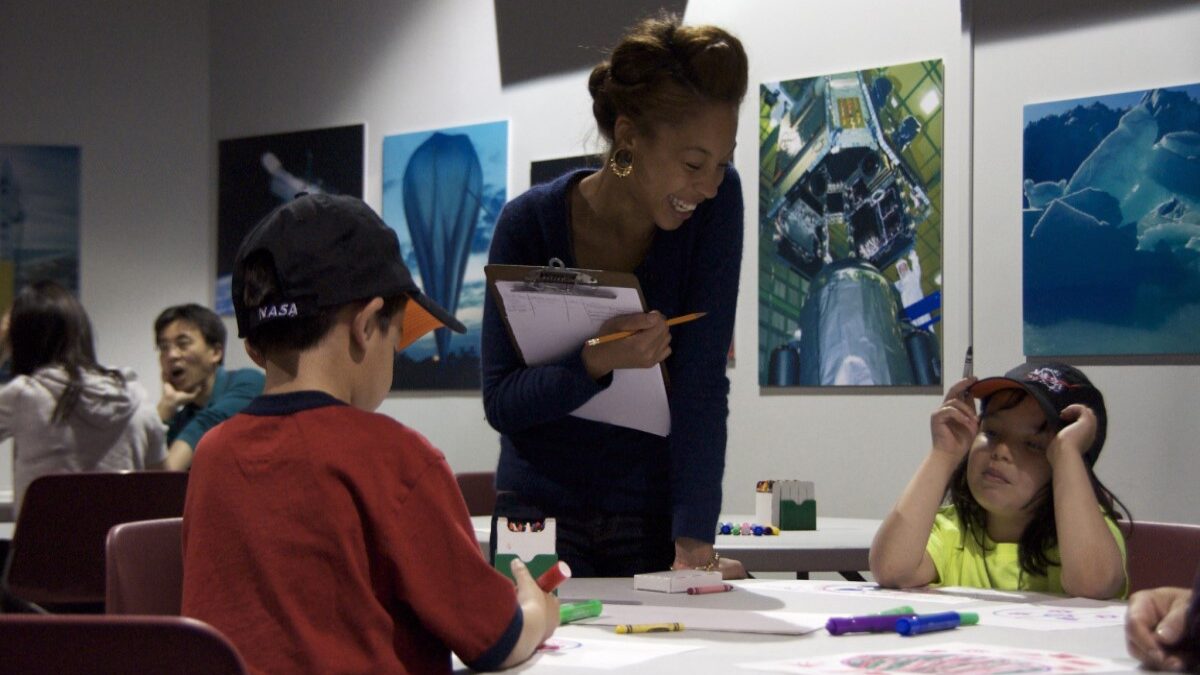
Some of my previous students are now my Facebook friends. One is enamored of Bernie Sanders, who seems to have truly inspired him to be more actively involved in community service and political activism. Since Sanders’ concession to and endorsement of Hillary Clinton, this student has shifted his allegiance to Green Party presidential candidate Jill Stein.
On Facebook this young man recently posted something like “Never forget what Bernie said.” In an effort to woo potential voters like my student, Clinton has adopted some of Sanders’ positions, most obviously his plan for (mostly) tuition-free college.
As an educator, I appreciate the sentiment behind this plan: Education matters, and we should try to make it both accessible and excellent. American colleges do underserve minority and low-income students, many of whom would struggle to pay for any amount of post-secondary education, and college tuition in general is unreasonably high, often costing more than it’s worth. Still, I hope we will not make college tuition-free for most or all students, as Clinton’s latest Bernie-flavored plan proposes.
Money Is Largely Not the Problem
Fundamentally, I disagree with the plan’s underlying assumption that the most important reason some students (specifically those from poorer families) are not graduating from college is that they simply cannot pay for it. Proponents of the plan seem to think: if these students could pay, they would go; if they went, they would succeed; if they succeeded in college, they would become productive workers and citizens.
There are undoubtedly some students for whom this is true. One of my close relatives, in fact, is in this boat, and would go to college if it were less expensive. However, we should question each of the three assumptions outlined above. If college were free, which populations would increase their college attendance? I know many low-income students who are simply not interested in college, which they see as a continuation of a school system that has never really connected with them or met their needs. What percentage of admitted students actually complete college? The high dropout rate of low-income and first-generation college students is well documented. How much of a difference does a college degree make in career readiness? The actual “use value” of a college education is increasingly questioned.
There are arguments to be made about the economic outcomes of a socialized higher education system, but I do not address them here because I am no economist. I am an educator who has taught in one of the lowest-performing schools in one of the lowest performing districts. So I write from that perspective, and in defense of my students. From that perspective, it is laughable to think that most low-income students fail to graduate from college simply because it costs too much.
In the district where I taught, some high schools had a graduation rate of just over 50 percent. These were always schools representing low-income neighborhoods. District-wide, the rate was around 70 percent, but for black and Latino students, the number was significantly lower.
Further, those that did graduate high school had hardly mastered the kinds of critical thinking, analytical writing, and creative problem-solving necessary for college and life. Therefore, it is ridiculous to suggest such students simply need free college tuition. Of all the barriers between my students and college graduation, cost is the least worrisome. In fact, if their experience in the education system does not change, making college tuition-free would actually put them in a worse situation.
Making College Default Disproportionately Hurts the Poor
By making college tuition-free, a college degree would probably become more common (and more expected by employers). In many ways, a bachelor’s degree has already become what a high school degree was a generation ago. This would likely become even more the case, as more middle-class youths graduate from college, effectively channeling degreeless students to dead-end, low-wage jobs, and in some situations, to gangs.
Being able to pay for a degree is only part of the struggle. Students also need to actually pass their classes and persevere in a major over time. That requires social support, access to relevant resources, the ability to navigate the system, and a mastery of fundamental academic skills. These are precisely the things first-generation and low-income college students lack and that K-12 schools so often fail to provide.
Giving someone a free ride to failure is no service. Simply making college tuition-free without first changing the way K-12 education works will disadvantage the already disadvantaged. Yes, it might benefit the middle class—those who already understand the system and have a social network that will connect them to college and support them through it and beyond. But making college free for those who would already succeed in it is not particularly noble or inspiring.
I’d rather think about how to embed these low-income students into wider, more powerful social networks, how to expand their access to resources, and how to provide them with legitimate skills and profound thoughtfulness. We could even make K-12 education so much better that students would graduate from high school with the competencies and understandings roughly equivalent to those many of today’s college graduates hold.
That may be a pipe dream, but that is the kind of vision that inspires me. Rather than trying to extend a dysfunctional state-run school system four more years, let’s change the system. Before we make college free for the privileged, let’s make high school work for the marginalized.









